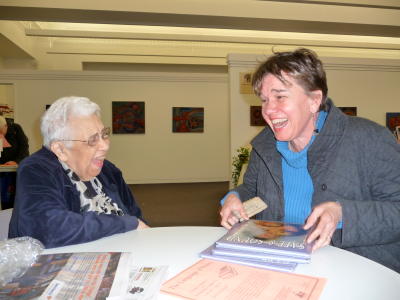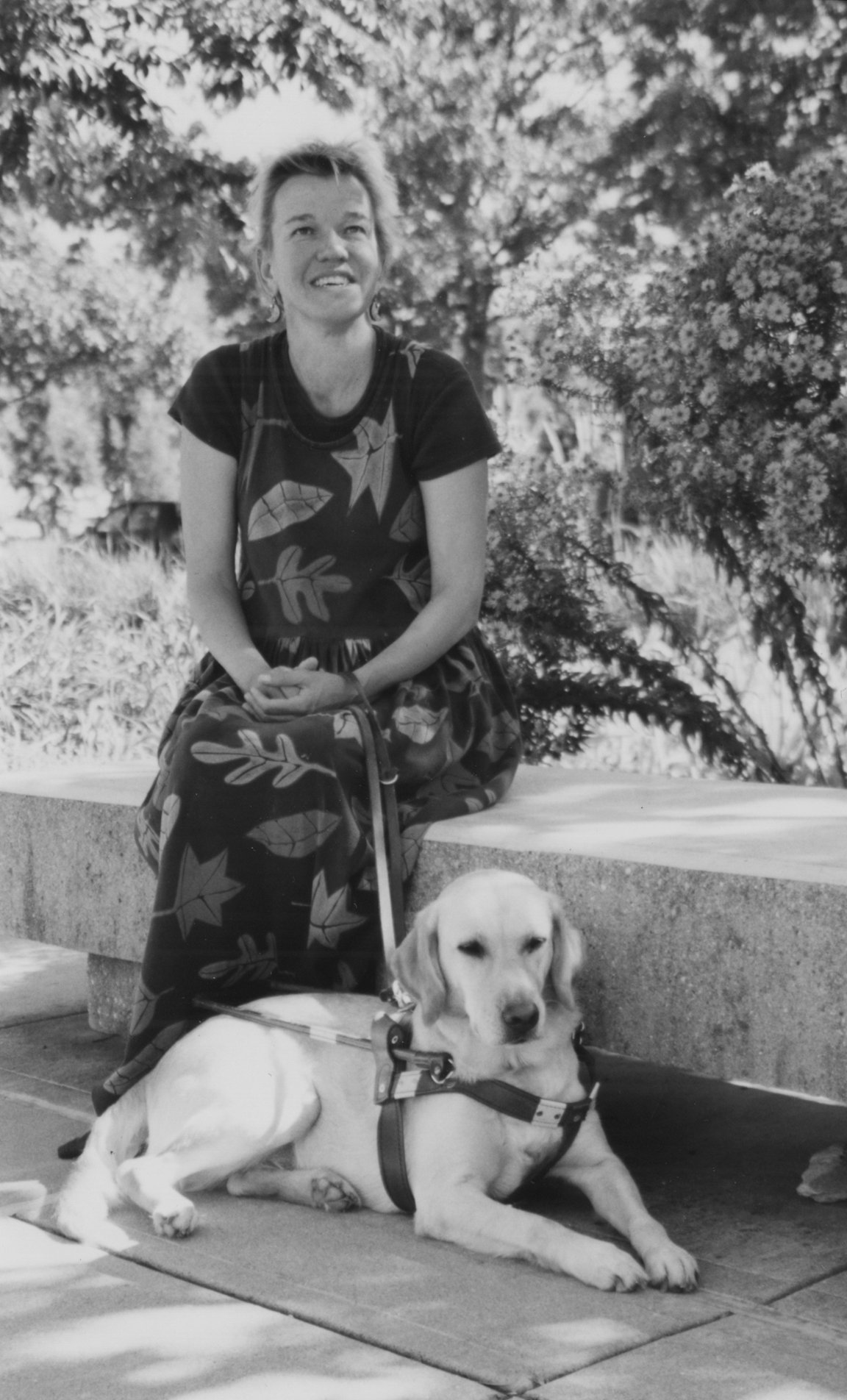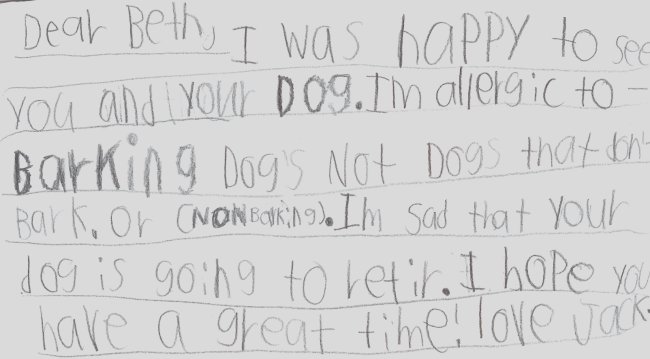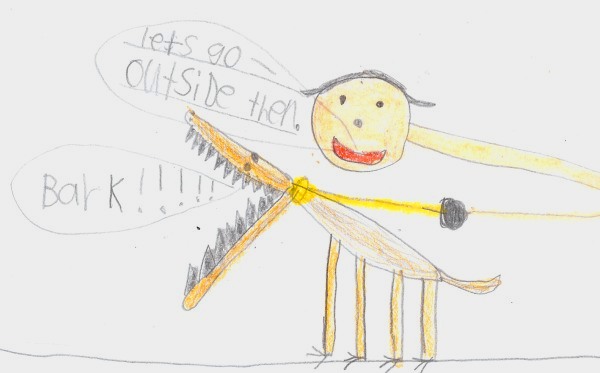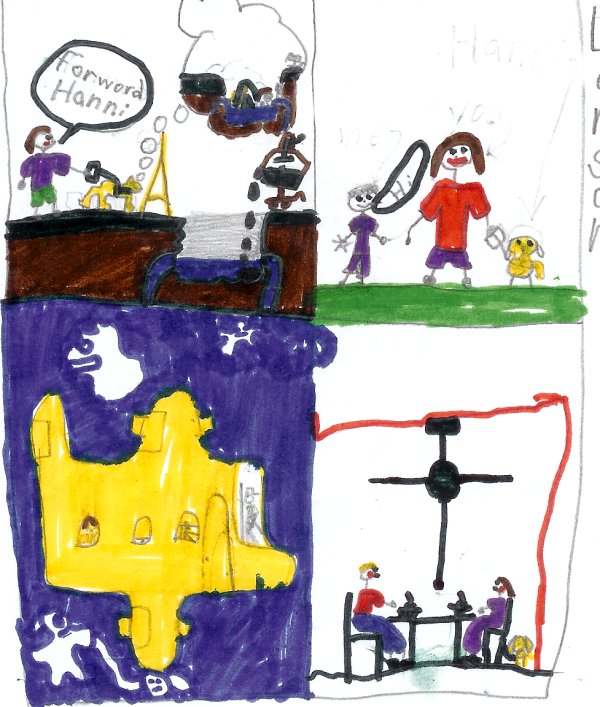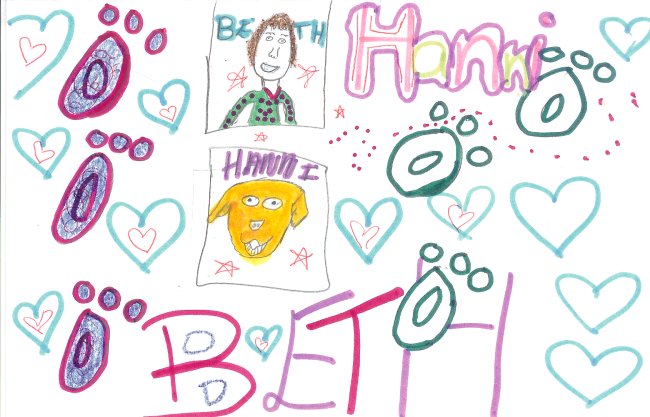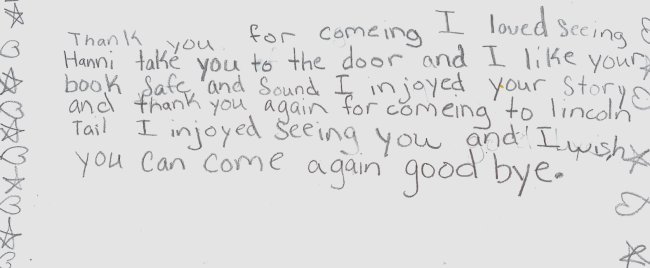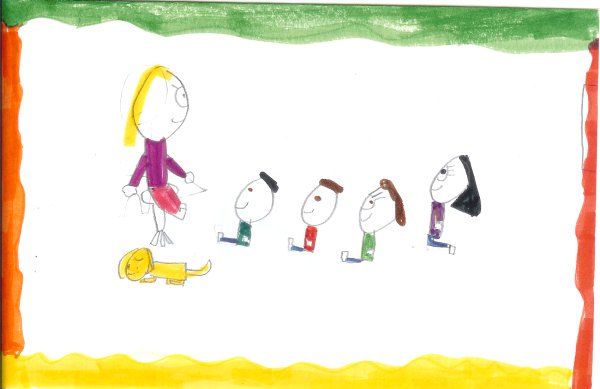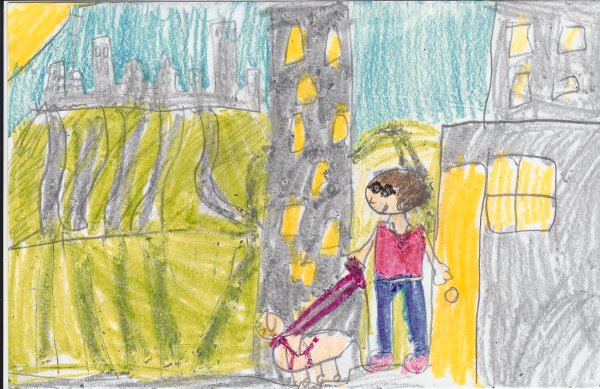The best invention of my lifetime
November 18, 2010 • 12 Comments • Posted in memoir writing, Uncategorized, writing
That’s the topic I assigned to my memoir-writing class last week, and my stellar seniors did not disappoint. Annelore opened her essay wondering whether there could possibly be one best invention.
In the days when my grandmother told tales about the awesome impressions of seeing her first airplane fly and land, riding in a car or on a motorcycle for the first time, listening to a voice coming from a box or her bewilderment when hearing music coming from a spinning plate, I felt as if there was nothing left to be invented.
By the end of her essay, however, Annelore settled in on one best invention:
The harvest of millions of brilliant minds is stored somewhere on that magical space, called the Internet. What I would give if I could share THAT with my dear grandmother.
One essay was about the polio vaccine, another about the credit card. Hanna’s essay about the radio described how she and her teenage friends snuck to their Rabbi’s apartment in Stuttgart back in the late 1930’s to hear the BBC. “It was illegal to listen to foreign radio stations back then,” she wrote. “If you got caught, there were heavy fines, and if you were Jewish, you’d be jailed.”
Susan, a retired nurse practicioner, knew immediately what she’d choose.
Without hesitation I think “the pill” is the most important invention of my lifetime—not necessarily to me personally but certainly for many women, including members of my family as well as the patients throughout my career.
Wanda described her daily chore emptying the water from under the ice box. The pan was usually full to the brim, unwieldy and awkward for a little girl. Water always spilled during her “delicate waltz” to the sink, which meant little Wanda ended up with two daily chores: she had to wash the kitchen floor, too. The best invention in Wanda’s lifetime? The Frigidaire.
Audrey came up with something I would have never thought of, but anyone who’d endured days without a hot shower might have to agree with her:
I like the silly little mesh sponge or pouf too. And the shower gel is so much easier than bar soap. So as long as I can have my hot shower, I am well placated.
It can be too easy to mourn the passing of the good ol’ days. How refreshing to focus on things that have gotten better! Vaughn enjoyed the class so much he sent me an email message right afterwards describing the session as “outstanding.” He also had a suggestion for next week’s topic: “How do you relate to an opportunity to suddenly find yourself in touch with your first SIGNIFICANT girl (or boy) friend after some 50 years?” I shortened his idea a bit, and assigned this for next week: The Last Time I Saw Her. Students can write about “The Last Time I Saw Him” if they prefer. So much to know, so much to say. Can’t wait until next week’s class.
